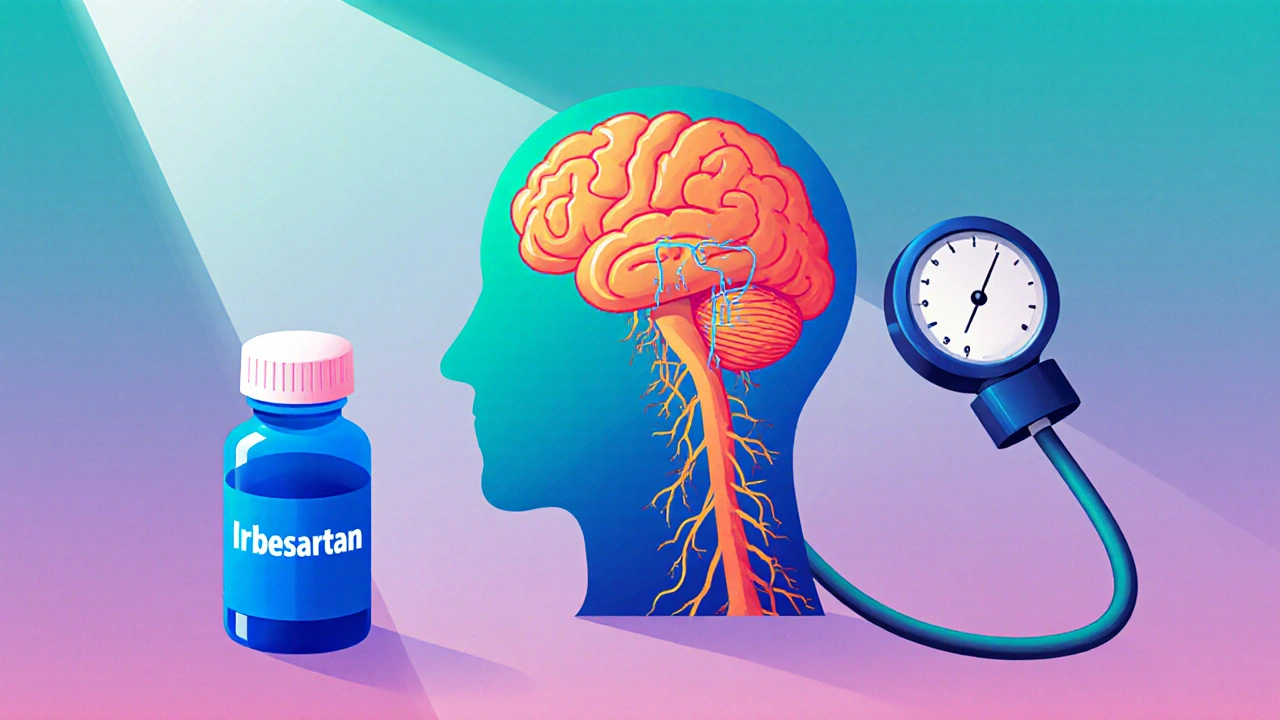Autism Parenting Styles: How to Choose the Best Approach for Your Family
October 18 2025Blood Pressure Medication: Types, Benefits, and How to Choose
When managing blood pressure medication, drugs that lower high blood pressure and protect the heart. Also known as antihypertensives, it works alongside lifestyle changes and regular monitoring. Common classes include ACE inhibitors, medications that block a hormone that narrows blood vessels, beta blockers, drugs that reduce heart rate and the force of each beat, calcium channel blockers, agents that relax the muscles of blood vessels, and diuretics, agents that help the kidneys eliminate excess fluid. Together these groups form the backbone of hypertension treatment, each targeting a different physiological pathway.
Why Choosing the Right Medication Matters
blood pressure medication isn’t a one‑size‑fits‑all product. Your doctor will weigh factors like age, kidney function, and other health conditions. For example, ACE inhibitors are often first‑line for people with diabetes because they protect kidney health. Beta blockers may be preferred after a heart attack to reduce stress on the heart. Calcium channel blockers work well for older adults with isolated systolic hypertension. Diuretics are cheap and effective but can raise blood sugar, so they’re used cautiously in diabetics. Understanding these nuances helps you ask the right questions and stay on the best regimen.
The effectiveness of any drug also depends on how you live. Reducing sodium, staying active, and keeping a healthy weight amplify medication benefits. Regular blood‑pressure checks let you and your doctor see if the chosen drug is hitting the target (usually below 130/80 mm Hg for most adults). If side effects appear—like a persistent cough with ACE inhibitors or fatigue with beta blockers—your provider can switch classes or adjust the dose. Remember, the goal isn’t just a number on the cuff; it’s a lower risk of heart attack, stroke, and kidney damage.
Below you’ll find a curated list of articles that dive deeper into each drug class, compare side‑effect profiles, and offer practical tips for staying on track. Whether you’re starting a new prescription or looking to fine‑tune an existing plan, the posts ahead give you the facts you need to make informed decisions.
 26 Oct
26 Oct
How Irbesartan Can Help Prevent Migraines - What the Research Shows
Explore how Irbesartan, a blood‑pressure drug, may lower migraine frequency, the science behind it, and practical steps to try it safely.
Read More...




